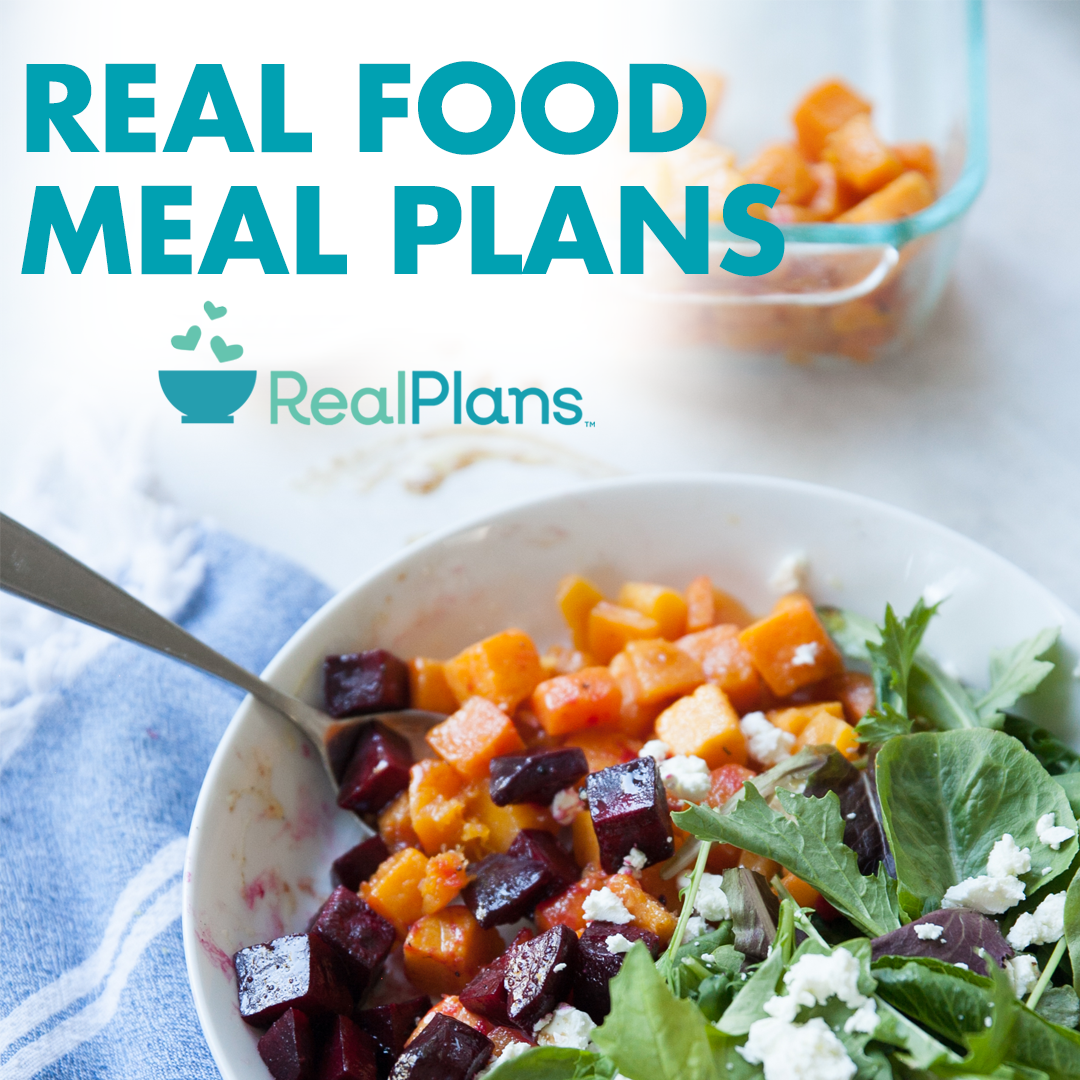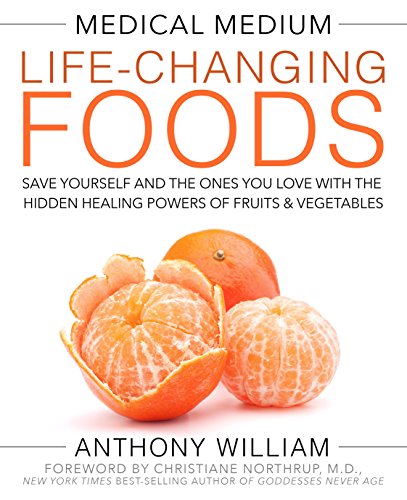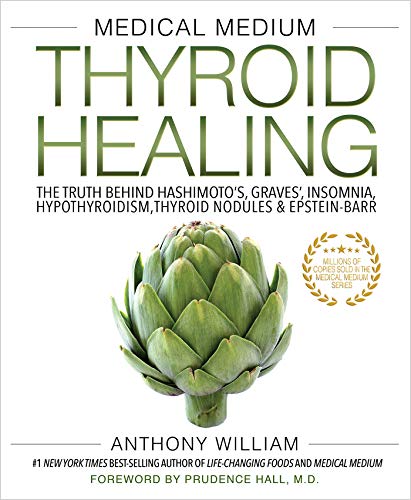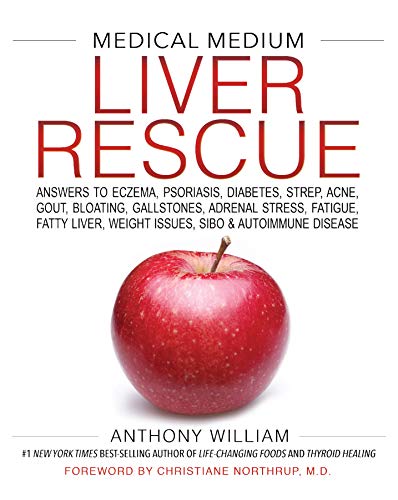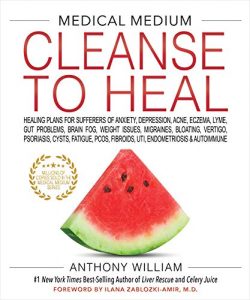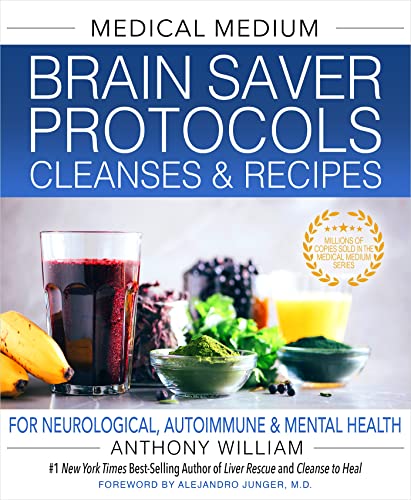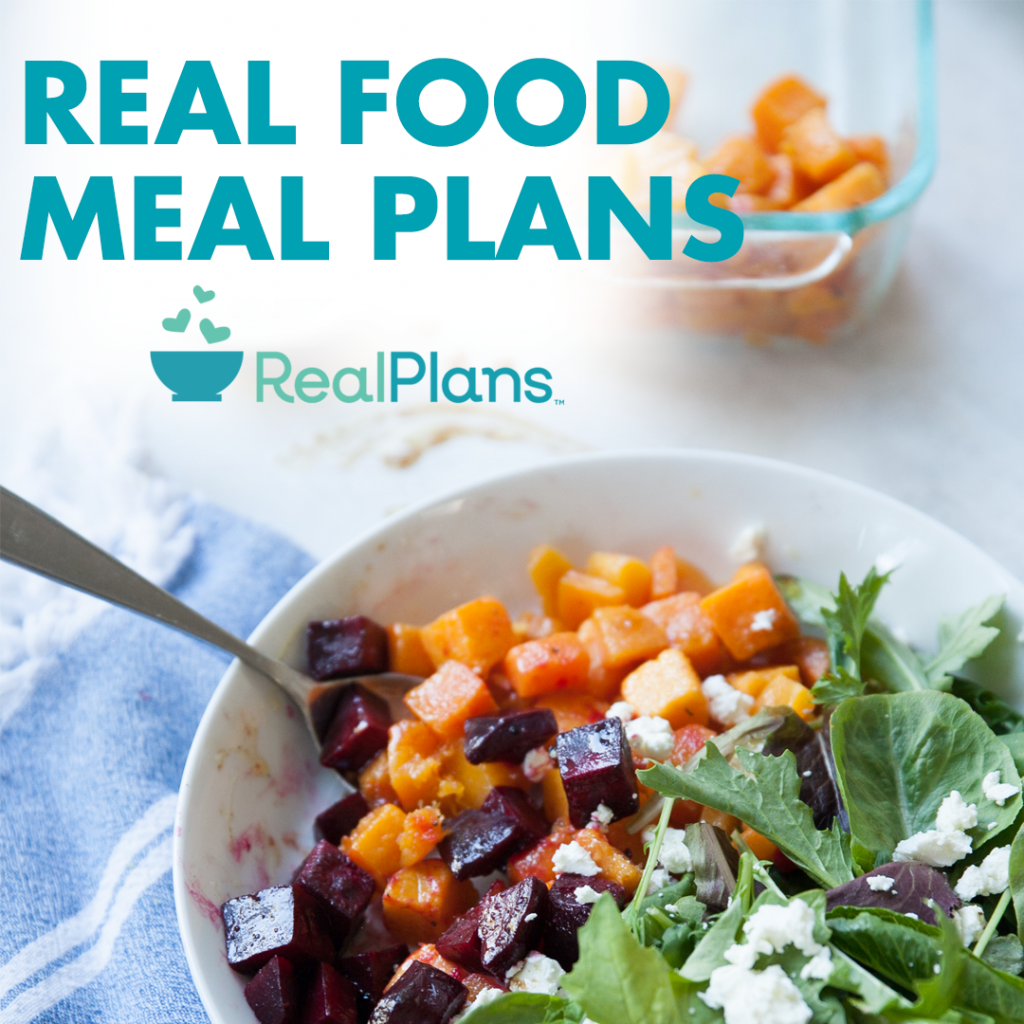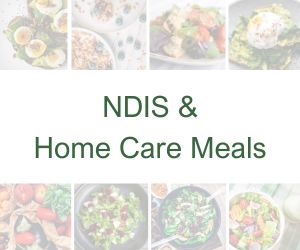Saving a little money each week adds up to a lot of money over our lifetime. And food is certainly one of those huge expenses over our lifetime!
Of course, it’s also important to buy and consume healthy food.
Eat well and save money at the same time with these tips:
1. Eat at home. The food in a restaurant is always more expensive than what you can prepare at home. Restaurants have to pay employees, utilities, rent or mortgage payments, taxes, and make a profit.
- You might think that most restaurant food tastes better than the meals you prepare at home, but you can just take that as a challenge to increase your cooking skills.
- You can also use healthier ingredients than those that your local restaurants choose to use.
2. Buy in bulk. Stores occasionally have great deals for bulk items, so if you have storage space at home, then keep a look out for these deals. Having a large freezer and pantry can certainly be helpful if you’re going to take advantage of this tip.
Note: I have found, occasionally, that the cost of buying in bulk isn’t always cheaper, so it’s best to check and compare the unit price (i.e.: price per kilo, per gram, or per litre – depending on the item) of the bulk item against the smaller packaging just to make sure that you are getting a better deal. A lot of supermarkets display the unit price on their shelves by law, depending on where in the world you are.
3. Have a garden. Growing your own food is reasonably low-cost, but it does require some labour to prepare the soil and to plant the seeds or seedlings. A garden also requires time for weeding, watering, fertilizing, and harvesting the food.
- The advantages are great cost savings, access to high-quality food, and you’ll also benefit from getting some exercise and being outdoors. Children love gardens too.
4. Substitute other ingredients for meat. Meat is expensive, but there are other sources of protein than just meat. Beans, lentils, eggs, and some types of fish are considerably less expensive than most cuts of meat.
5. Buy foods whole. A whole chicken costs less than buying all the different parts separately. A block of cheese is less expensive than shredded cheese.
6. Take advantage of sales. There’s always something on sale. The meat section often has meat with a reduced price because it needs to be sold before it reaches its expiry date. Buy and cook it that day or put it in the freezer.
- There’s always various fruit or vegetables on sale. You never know what’s going to be on sale from week to week. Keep your eyes open and take advantage of those sales.
7. Avoid highly processed foods. A can of soup usually contains a lot of additives and salt to keep the soup from spoiling, and often contains sugar to make it even more palatable! And these ingredients make the soup less healthy.
The foods you consume have a huge impact on your health and your budget. There are many ways to reduce your grocery expenses without compromising on the quality of the food you put into your body.
Inexpensive food can be healthy and satisfying, so avoid the belief that good food and enjoyment has to be costly.
Comment below and share which of the above tips you are going to try.


